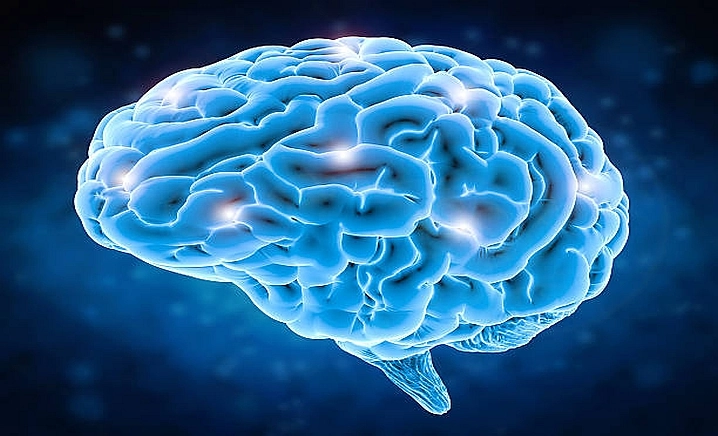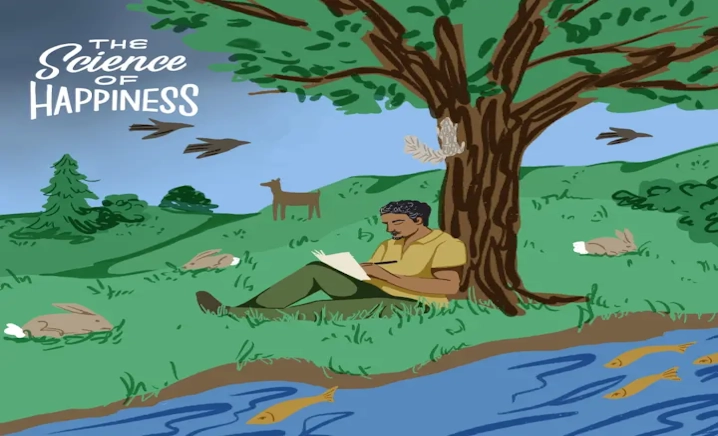Why Gratitude Works

The Science of Gratitude
The Greater Good Science Center at UC Berkley
By Summer Allen, Ph.D.
What is gratitude? Where does it come from and why do some people seem to be naturally more grateful than others?
Over the past two decades scientists have made great strides towards understanding gratitude. Studies comprising the science of gratitude are the subject of this white paper.
Six New Studies That Can Help You Rediscover Gratitude
Featured in GGSC Greater Good Magazine
By Kira M. Newman, Hannah J. Villareal, Jill Suttie, Maryam Abdullah | November 22, 2022
Here is some new research that might help you practice gratitude and feel happier in life.
While society at large turns its interest to gratitude in November, National Gratitude Month, some researchers spend their whole years—and careers—studying what gratitude means, its benefits, and how to practice it.


Being Thankful for What You Have
By Kerry N, Chhabra R, Clifton JDW. Psychol Res Behav Manag. 2023;16:4799-4816
This paper presents a systematic review of recent literature showing the influence of gratitude on life satisfaction.
The goal of this research is to better understand the relationship between gratitude and life satisfaction and to evaluate the positive correlation.
The Neuroscience of Gratitude & Its Effects on the Brain
15 Sep 2025 by Melissa Madeson, Ph.D.
Gratitude is a powerful human emotion!
As researchers explore the neurological underpinnings of gratitude, they’re discovering that this simple practice can lead to profound positive changes in mood, resilience, and overall wellbeing.


The Neuroscience of Giving Thanks
By Alex Korb Ph.D., Psychology Today
With the holidays coming up, there is one Turkey Day tradition that has the power to reshape your neural pathways. Sounds like an impressive feat, but it’s true.
No it’s not the turkey increasing your serotonin (myth busted!), nor the apple pie giving you a burst of dopamine.
Gratitude enhances health, brings happiness and may even lengthen lives
By Maureen Salamon, Executive Editor, Harvard Women’s Health Watch
How can the power of gratitude affect our lives?
Recent research has pointed to gratitude’s myriad positive health effects, including greater emotional and social well-being, better sleep quality, lower depression risks, and favorable markers of cardiovascular health.
Now, new data from the long-term Nurses’ Health Study shows that it may extend lives.


20 Gratitude Exercises & Activities to Boost Wellbeing
By Tiffany Sauber Millacci, Ph.D. | April 21, 2025
Regular gratitude exercises, like journaling or writing thank-you notes, can boost happiness & enhance emotional wellbeing. In fact, incorporating gratitude into daily routines strengthens social bonds & increases overall life satisfaction.
How to Feel More Hopeful
By Tomas Morin
Science of Happiness Podcast * | June 19, 2025
How can we build a sense of hope when the future feels uncertain? Poet Tomás Morín tries a writing practice to make him feel more hopeful…


The Science of Gratitude (Mindful.org)
By Misty Pratt | February 17, 2022 | Compassion
Research shows gratitude isn’t just a pleasant feeling—being grateful can also support greater health, happiness, and wisdom in ourselves and our communities.
Gratitude offers us a way of embracing all that makes our lives what they are. More than just a happy feeling for the parts of our lives currently going our way, gratitude encompasses the willingness to expand our attention so that we perceive more of the goodness we are always receiving.
